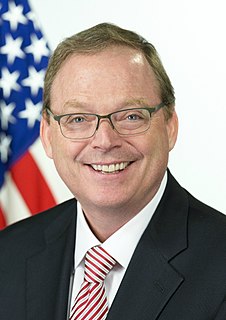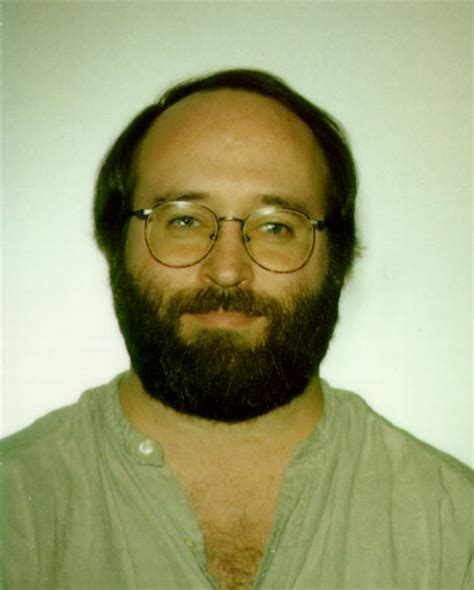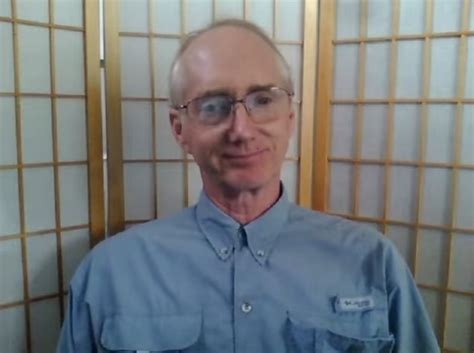A Quote by Kevin Hassett
Socialized medicine allows a nation to exclude a U.S. product from its market if the U.S. firm does not make generous enough price concessions. Accordingly, what has developed is a system within which U.S. firms make large profits on new drugs in the U.S. market, but very low profits on sales everywhere else.
Related Quotes
God forbid that the United Kingdom should take a lead and introduce a sensible tax system of its own which would probably comprise a very low level of corporation tax - tax on corporate profits - and perhaps a low level of corporate sales tax, because sales are where they are, and sales in this country are sales here, which we can tax here.
In many ways, large profits are even more insidious than large losses in terms of emotional destabilization. I think it's important not to be emotionally attached to large profits. I've certainly made some of my worst trades after long periods of winning. When you're on a big winning streak, there's a temptation to think that you're doing something special, which will allow you to continue to propel yourself upward. You start to think that you can afford to make shoddy decisions. You can imagine what happens next. As a general rule, losses make you strong and profits make you weak.
Outside the firm, price movements direct production, which is co-ordinated through a series of exchange transactions on the market. Within a firm, these market transactions are eliminated and in place of the complicated market structure with exchange transactions is substituted the entrepreneur-co-ordinator, who directs production.
Firms would be given initial entitlements to gross markup on the basis of past performance, adjusted by changes in labor and capital inputs. This is somewhat similar to the definition of normal profits under some versions of the wartime excess -profits tax. Entitlements would be transferable and a competitive market established.
In industries where a lot of competitors are selling the same product - mangoes, gasoline, DVD players - price is the easiest way to distinguish yourself. The hope is that if you cut prices enough you can increase your market share, and even your profits. But this works only if your competitors won't, or can't, follow suit.
Too many people are apt to redeem their profits too quickly. In a huge bull market they wind up with piddling profits, only to watch their former holdings soar. That usually prompts them into making mistakes later when, believing that the market owes them some money, they buy at the wrong time at much higher levels.
The danger of tautological propositions is considerable in discussions of the concept of normal profits. Because supernormal profits seem to invite newcomers to an industry and sub-normal profits seem to drive away those who are in an industry, some writers are inclined to define normal profits as the earnings of the fixed resources in an industry which neither grows nor declines in size or number of firms. It should be clear that such a definition is useless: it muddles together attractiveness and actual afflux, desirbility of entry and ease of entry, zero profits and monopoly rents.
The challenge here is to design a system where market incentives, including profits and recognition, drive those principles to do more for the poor. I like to call this idea creative capitalism, an approach where governments, businesses, and nonprofits work together to stretch the reach of market forces so that more people can make a profit, or gain recognition, doing work that eases the world's inequities.




































